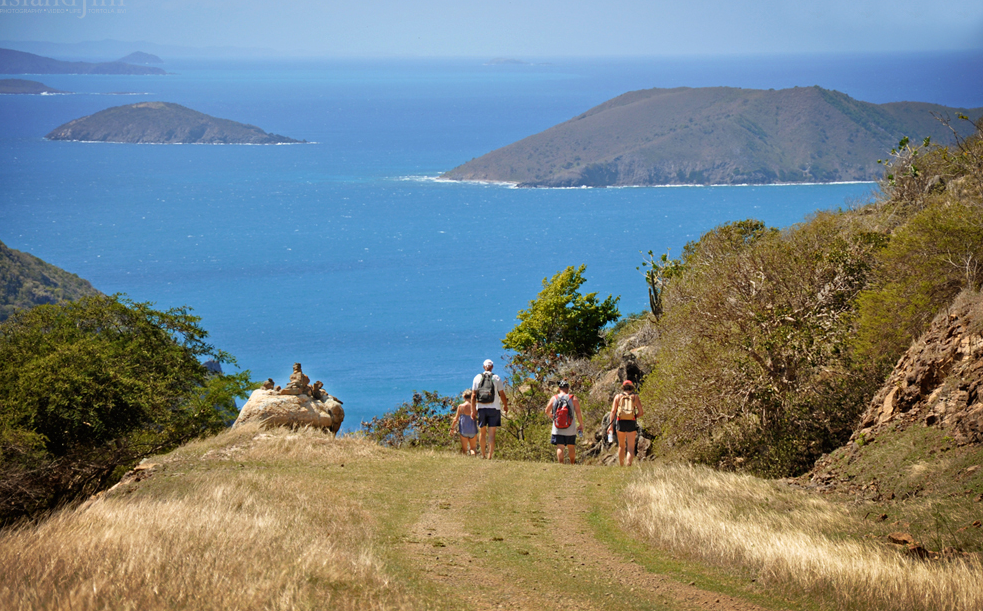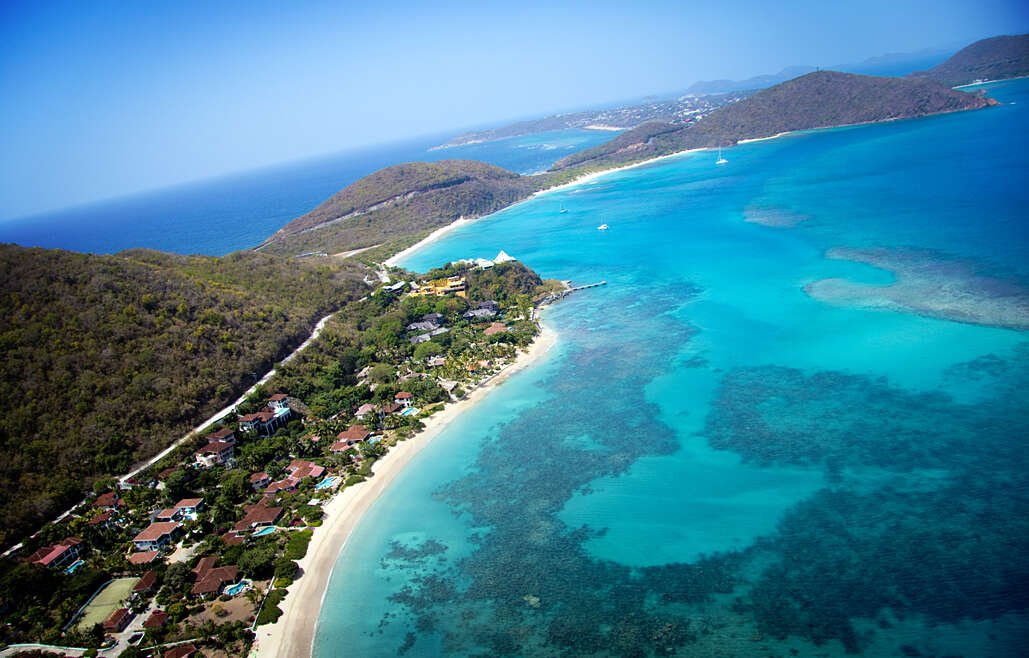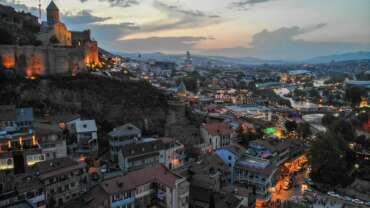Welcome to the British Virgin Islands - Nature's little secrets!
The British Virgin Islands, part of a volcanic archipelago in the Caribbean, is a British overseas territory. Comprising 4 main islands and many smaller ones, it’s known for its reef-lined beaches and as a yachting destination. The largest island, Tortola, is home to the capital, Road Town, and rainforest-filled Sage Mountain National Park. On Virgin Gorda island is the Baths, a labyrinth of beachside boulders.
History of the British Virgin Islands
The Arawak Indians who probably initially occupied the Virgin Islands had been expelled by the warlike Caribs by the time Christopher Columbus arrived in 1493; he named the islands Santa Ursula y las Once Mil Virgenes (“St. Ursula and the Eleven Thousand Virgins”). In 1555 the Habsburg Holy Roman emperor Charles V sent a Spanish invasion force to claim the islands, and by 1596 most of the Caribs had fled or been killed. The islands were an early haunt of buccaneers and pirates.
Tortola was first settled in 1648 by Dutch buccaneers who held the island until it was taken over in 1666 by a group of English planters. In 1672 it was annexed to the British-administered Leeward Islands. The planters were granted civil government in 1773, with an elected House of Assembly, a partly elected Legislative Council, and constitutional courts. The abolition of slavery in the first half of the 19th century dealt a heavy blow to the agricultural economy. In 1867 the constitution was surrendered and a legislature was appointed, an arrangement that lasted until 1902, when sole legislative authority was vested in the governor-in-council. In 1950 a partly elected and partly nominated Legislative Council was reinstated.
Following the defederation of the Leeward Islands colony in 1956 and the abolition of the office of governor in 1960, the islands became a crown colony. In 1958 the West Indies Federation was established, but the British Virgin Islands declined to join, in order to retain close economic ties with the U.S. islands. Under a constitutional order issued in 1967, the islands were given a ministerial form of government, and H. Lavity Stoutt became the first chief minister. The constitution was amended in 1977 to permit a greater degree of autonomy in internal affairs; additional changes in 1994 led to the expansion of the Legislative Council. In the early 1990s illegal drugs became a major concern, as the British Virgin Islands experienced a rise in their trade and usage as well as the diversion of drug-related money through the islands’ financial sector. The British Overseas Territory Act (2002) changed the status of the colony to that of overseas territory and granted British citizenship to its people. A new constitution promulgated in 2007 brought greater self-government to the islands.
People of the British Virgin Islands
The great majority of British Virgin Islanders are the descendants of African slaves. Those of European descent constitute a small minority, although their number grew markedly since 1960, as the number of immigrants from the United States and Great Britain increased. Of all the islands, Tortola has by far the largest population, some four-fifths of the total. About one-fourth of all Tortolans live in Road Town. English is the official language; far more frequently used in practice, however, is an English-based creole, Virgin Islands Creole English. Religious affiliations are mostly with Protestant denominations, Methodists being the largest single group.
Culture of the British Virgin Islands
The British Virgin Islands has a hybrid culture that mixes European, African, and Caribbean elements. Sailing is the favourite sport on the British Virgin Islands, which has been called the “sailing capital of the Caribbean.” Most locals learn to sail as children, and the activity is a popular attraction for tourists; anything from small, simple bareboats to fully equipped and crewed luxury yachts can be rented or chartered. Other water-based activities include windsurfing, scuba diving, and fishing. On land, British Virgin Islanders enjoy football (soccer) and cricket, reminders of their British colonial heritage. Baseball and softball are favourite American imports, and basketball, squash, and cycling are growing in popularity.
Other Islands!

Flanking the aquamarine waters of the broad Sir Francis Drake Channel, the British Virgin Islands are made up of more than 60 islands. BVI visitors relish in the discovery of their pristine palm-fringed beaches, rugged peaks, rich vegetation and friendly people, while some islands are uninhabited and designated as national parks.
Each island bears a name that reflects its colorful past and unique landscape, such as Buck Island, Deadman’s Chest, Fallen Jerusalem, Ginger Island, Great Camanoe, Round Rock and Scrub Island.
Among these numerous smaller islands, you’ll find must-see destinations for snorkeling and water sports, day hikes that lead the way to extraordinary lookouts, wildlife sanctuaries and so much more – all ensconced in the boater’s paradise that is the British Virgin Islands.






